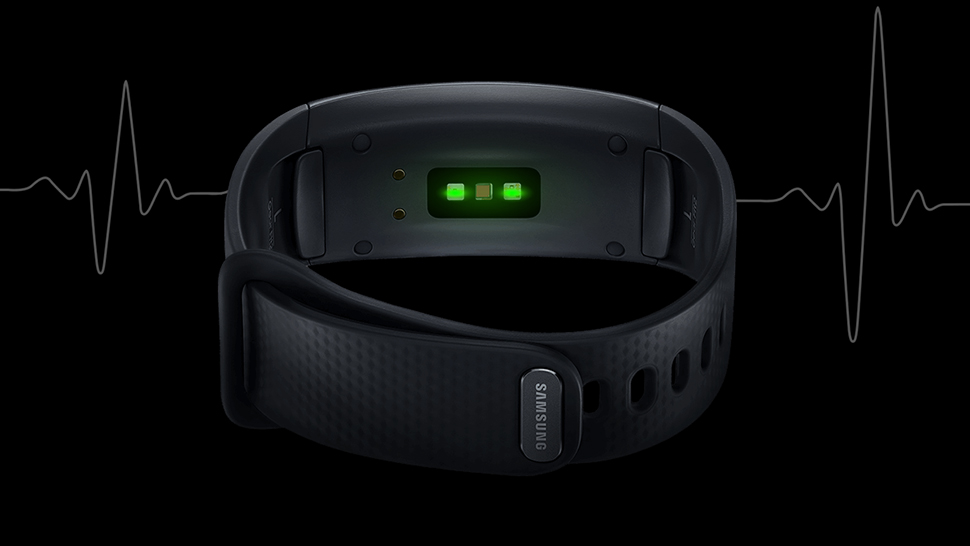Samsung wants to identify you using your blood flow patterns
Who needs Face ID?

A new patent spotted by Galaxy Club shows Samsung might be working on a new way of identifying users: blood flow patterns. If you don't want to unlock your phone with your fingerprint or your face, then the beats of your heart could be the next best option.
According to the patent, "the arterial conduction paths of different users are almost never identical", and so a smartphone or a smartwatch could prove you are who you say you are and unlock your gadgets with no need for a PIN code or any other type of authentication.
The obvious application for this kind of tech would be in wearables, such as the Galaxy Gear S3. If a device could read your blood flow patterns without you having to lift a finger, confirmation of mobile payments or access to accounts could be almost instantaneous.
There will be blood
The industry as a whole is moving towards biometric measures for verifying identities, rather than passwords and PIN codes – we've seen iris scanners, fingerprint scanners, and of course Face ID become widely used in recent years as ways of getting into smartphones.
Having a blood flow scanner could even work in conjunction with a fingerprint scanner, making it much harder for hackers to fool the tech on board a phone. As well as granting access to a device, it could also unlock access to certain accounts or sensitive files.
As always with patent filings, this isn't a guarantee that the technology is ever going to see the light of day – it just shows that Samsung is at least working on the idea of a blood flow scanner. But if such a sensor does appear in the Samsung Galaxy S9, don't be surprised.
Via SamMobile
Sign up for breaking news, reviews, opinion, top tech deals, and more.

Dave is a freelance tech journalist who has been writing about gadgets, apps and the web for more than two decades. Based out of Stockport, England, on TechRadar you'll find him covering news, features and reviews, particularly for phones, tablets and wearables. Working to ensure our breaking news coverage is the best in the business over weekends, David also has bylines at Gizmodo, T3, PopSci and a few other places besides, as well as being many years editing the likes of PC Explorer and The Hardware Handbook.